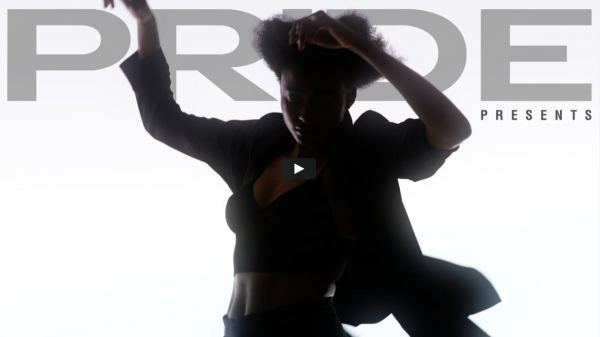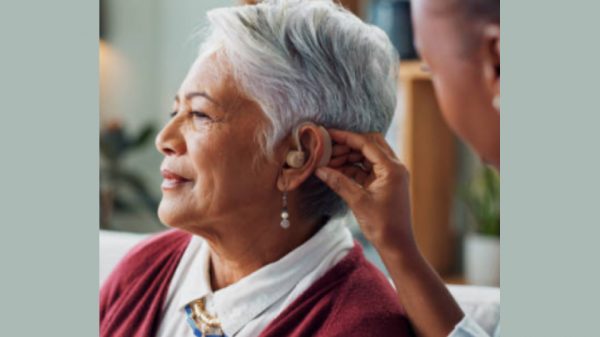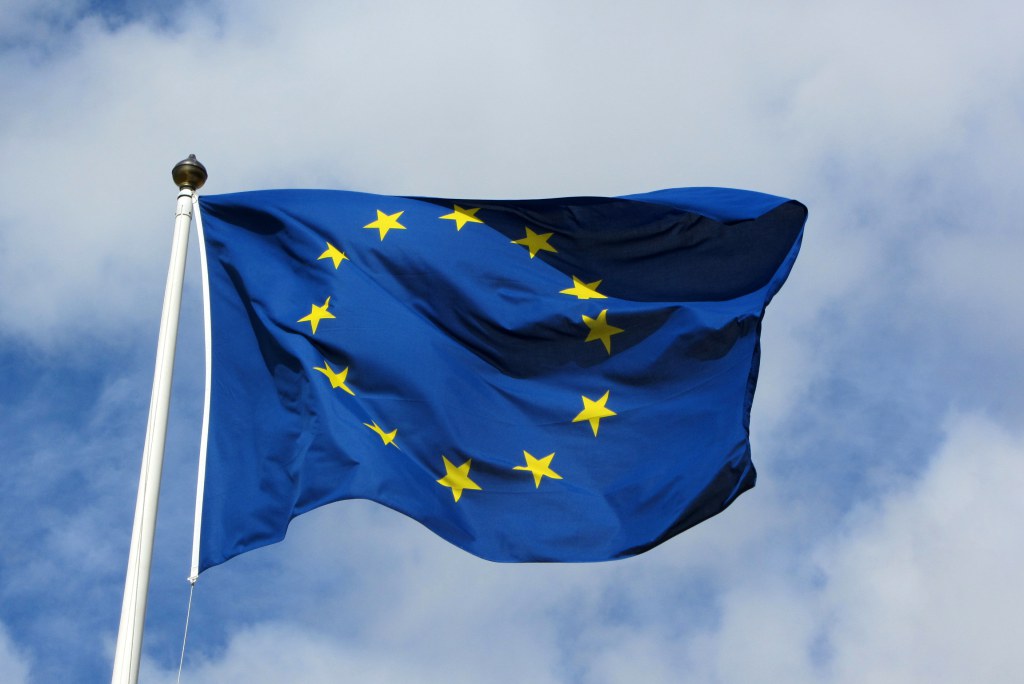On the 23rd June the UK faces the biggest constitutional question of a generation. Which means the likes of you and I will be dragged out to polling booths for the third time in just over a year. But this time the question is whether we keep our union, or go it alone….By Niyonu Agana-Burke
Let’s be honest. The vast majority of the us, the British voting public, don’t much care either way about the EU referendum. We’d have been more likely to vote firmly against having to vote on the issue (an idea that seems laughably in keeping with this suddenly overly direct democracy where our elected representatives deem themselves unqualified to make decisions on the issues we have elected them to address).
The U.K. has been a member of the European Union for my entire life time, the on going conflict in the region that the organisation was founded to resolve is the stuff of legend, movies and monuments to me, and to many of those voting on 23rd June. The upshot of all of this is a swathing sentiment of indifference. One that will undoubtedly be reflected in the turnout come June 23rd.
It also means that the case for leaving is that much more compelling. Our EU membership is like a perfectly okay marriage we’ve been in longer than we can remember; after years of compromise and collaborative decisions the single life is looking mighty appealing. But then there are countless clichés about thinking the grass is greener just because the lush you’re standing on is all too familiar. Do we as a country really want to be the butt of international ‘you don’t know what you’ve got until it’s gone’ jokes?
I don’t. I for one know very well what we have. The opportunity to study abroad at a law school in France during my degree not only shaped me as an individual, broadened my horizons and allowed me to gain greater insight into another culture, it sets me apart professionally. Most of all though, it made me feel like a citizen of Europe. I lived in France and regularly rode the bus, my bike or sauntered across the border into Germany to buy the considerably cheaper toiletries. I rode 7 local trains in 13 hours from Strasbourg to Berlin and was never once asked for my passport. I rode a coach to Amsterdam, went on day trips to buy chocolate in Switzerland. I lived with a kind of freedom that we on this island so seldom get to appreciate.
The technicalities such as how much money we give to the EU and how much we get back have all been fudged in the campaigns running up to the election. But there are some fundamental, if simplistic truths we cannot over look; we are a tiny island and the EU bridges that gap to the rest of the world. It brings other languages, cultures, foods, experiences and opportunities closer, just by making it easier to access them. I honestly think that those things that sound like the epitome of human experience to me, are the things that strike panic and anger into the hearts of leave campaigners who paint a broad strokes picture of refugees and EU members beating down our precious borders.
I think the ‘free movement of workers and of people’ allows us to live a truly human experience, as nature intended before nationalist and capitalist mentalities set hold. We’re so worried about defending our little patch of land that we’re forgetting there’s a whole world out there. The EU is an organisation of our time- collaborative, international and forward thinking. Leaving the EU is regressive, introspective and narrow minded- in my humble opinion.
But who cares what I think? Instead, read the thoughts of BREXIT campaigner Sarah Olubunmi, and Stronger In advocate June Sarpong. They make the case for either side of the debate, for black women and by black women.
Sarah Olubunmi has been passionate about politics and youth engagement for a number of years. She is stepping into campaigning for the first time with Vote Leave in the run up to the EU referendum. You can follow her experiences via Twitter @SarahOlu_or her blog.
In a number of weeks, the UK is holding a referendum which will determine our future in the European Union. The EU debate has caused a great deal of contention due to the negative focus on immigration from the “remain” camp. As a black woman, the expectation when it comes to politics and how you should vote is to maintain a left-wing stance on all issues. Some of us are planning to vote remain because we are under the false pretence that leaving the EU means ALL immigrants will be pushed away. It is assumed that it frightens us because most of you reading this will be children or grandchildren of immigrants. The rest of us will not vote at all. And if we do, we will vote to remain. That is the “safe” option and that is what we ought to do. Right?
Wrong.
Our membership in the EU affects black women in a number of ways. According to the Office for National Statistics, the UK’s gross contribution in 2014 was £19.1 billion [or the UK’s net contribution in 2015 was £10.6 billion]. Leaving the EU would allow us to reallocate this money into public services such as the NHS. The NHS plays a big part in many of our lives and because of this, it is in constant need of funding. There are an arrays of health issues that are increasingly impacting women within the black community: mental health problems and suicide, type 2 diabetes, obesity, uterine fibroids. Ending our EU membership means tackling these issues head on.
The argument for leaving based on immigration, suggests that as a country we should reduce the amount of EU immigrants that come into the UK. In fact, the current immigration laws can be considered discriminatory, as they are more favourable of white European migrants entering the UK than migrants from ethnic minority backgrounds. Leaving the EU gives us the opportunity to redefine immigration laws and put simply, allow more BAME (black, Asian and minority ethnic) migrants (who want to contribute to the economy), into the country.
Often, we feel as though voting is a tiresome obligation or worse, that our voices will be ignored so there is no point voting. Due to this, we feel reluctant to seek answers for ourselves and just “go with the flow” either by voting the way we think we “ought” to, or not vote at all. I am here to tell you that, in fact, voting is important. But even more important is making an informed vote. For us to be part of the conversation, it is important for us to take a seat at the table and quit standing at the sidelines.
June Sarpong, best know for her presenting career working on T4 and MTV UK. She is a Board Member of Britain Stronger In Europe. Since helping to officially launch the organisation in October, she has campaigned across Britain to raise awareness of the benefits of the EU and demonstrate why we should vote to remain on June 23rd.
The British public faces the biggest decision in a generation on June 23rd. The choice is between continuing our membership of the EU or cutting ties with Europe and taking a leap into the dark.
For me, it’s an easy decision to make. Staying in the EU allows us to retain access to a single market of 500 million people. That means more jobs, lower prices, and more financial security for British families. The flip side of that is uncertainty and a future that not even those campaigning for us to leave can articulate.
The EU is so ingrained in all of us living in the UK, that there’s a risk the everyday benefits of our membership are taken for granted.
Women’s rights is a perfect example of this. Did you know that the EU has rules against discrimination in the workplace, is battling to close the gender pay gap for good and ensures at least 14 weeks of maternity leave?
For the black and the wider BAME communities, EU law prohibits discrimination on the grounds of race in employment, training, social protection, education, access to and supply of goods and services which are available to the public. It also combats racism and xenophobia across the EU and on a global scale.
There is no guarantee that any of this would be protected if we left the EU. The reality is that walking away would represent a damaging backwards step in the fight for equality.
More broadly, exiting the EU would hit us all financially. Figures from The Treasury recently revealed the British economy would be hit to the tune of £4,300 per household and our GDP will have shrunk by more than 6 per cent. Then there’s the threat to consumer benefits such as cheaper flights, lower – and soon to be abolished – roaming charges in the EU, access to free healthcare abroad and much more.
The leave campaign has failed time and again to tell us what Britain outside the EU means. What is certain though is that a vote to leave is a vote for risk. It would mean that jobs aren’t safe, prices will rise, mortgages will be at risk, and funding for your local school or hospital will fall. Ahead of polling day, we all have to ask ourselves whether these risks are worth taking.
Britain is stronger, safer and better off in the EU. That’s why this referendum is so important, and it’s why we should vote to remain.
To read this full feature get your hands on the latest issue of Pride, in stores now.

































































